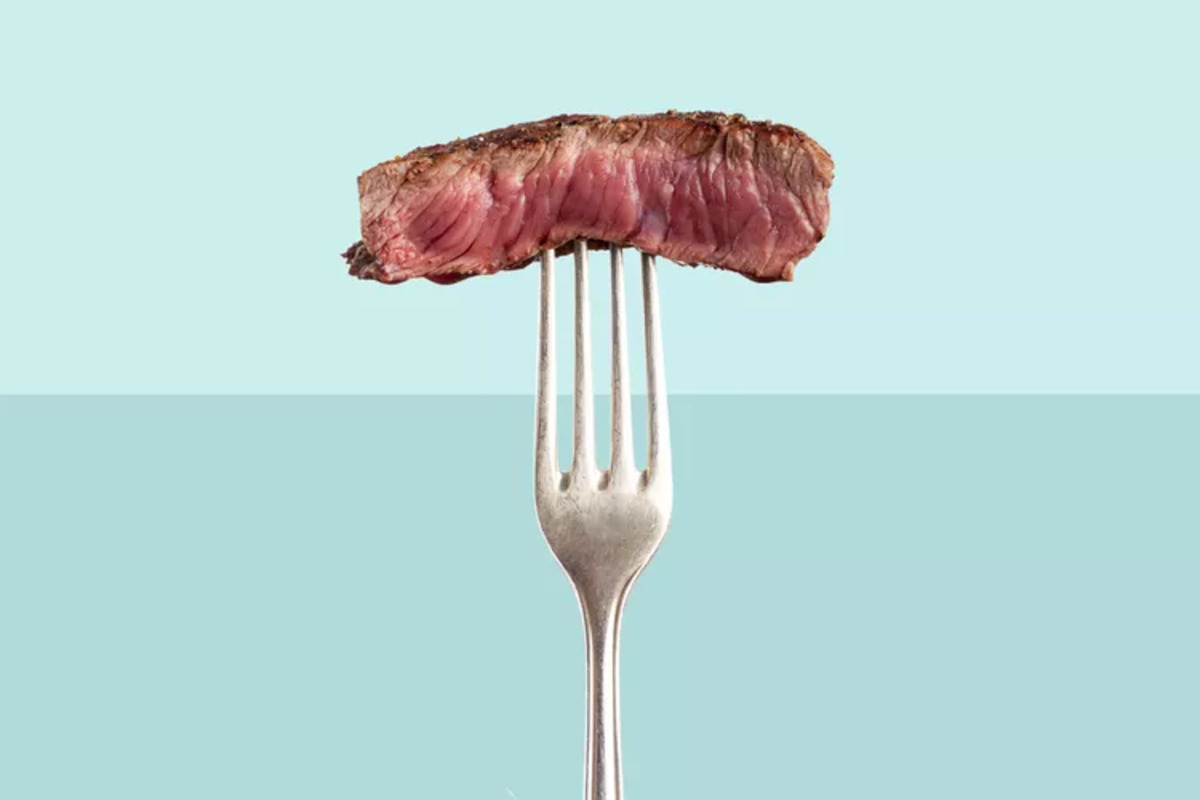Hey there, sports fans and health enthusiasts! Manu Tournoux here, bringing you insights from the bustling soccer fields to the nuances of everyday health. With plant-based eating on the rise—hello, Meatless Mondays—you might be wondering whether it’s healthy to eat red meat habitually. Let’s dive into what happens to your body if you consume red meat every day, backed by science and some real-life experiences.
Feeling More Full
Red meat is a well-known source of protein, and lean meats, in particular, are high in protein and low in calories, which helps keep you feeling full longer. According to Jonathan Valdez, RDN, lean red meats like ground beef, top sirloin steak, eye of round roast, or tenderloin steak are excellent choices. One 4-ounce tenderloin steak, for instance, packs a whopping 37 grams of protein and only 255 calories.
Building Muscle and Improving Muscle Health
The protein in red meat isn’t just about satiety; it’s also crucial for building and maintaining muscle mass. Whether you’re looking to bulk up or maintain muscle tone, incorporating lean red meat into your diet can be beneficial. After a grueling soccer match or an intense workout session, I often turn to a lean steak to help with recovery and muscle health.
Boosting Your Metabolism
Red meat is also rich in vitamin B12, which is essential for metabolism. Kris Sollid, RD, highlights that B12 is predominantly found in animal-based foods like red meat, fish, poultry, eggs, and dairy. This vitamin is critical not only for metabolism but also for nerve and muscle health, making it a key component in maintaining overall energy levels and bodily functions.
Improving Heart Health
Vitamin B12 plays a significant role in heart health. Foods like beef liver and ground beef are excellent sources, providing 100% or more of your daily value. However, it’s important to balance the benefits with potential risks, as consuming too much red and processed meat has been linked to heart disease. Moderation is key to reaping the benefits without the drawbacks.
Enhancing Energy Levels
Iron deficiency is a common cause of anemia, leading to tiredness and lack of energy. Red meat is a great source of iron, which our bodies absorb more efficiently from animal sources than from plants. Ensuring you get enough iron is crucial for maintaining energy levels, especially for those with active lifestyles.
Increased Risk for Cancer
Consuming red and processed meats has been associated with an increased risk of colon cancer. Studies, including one published in Cancer Discovery in 2021, have identified specific DNA damage patterns in colon tumors linked to high consumption of these foods. This doesn’t mean you have to cut out red meat entirely, but being mindful of your intake is wise.
Heightened Risk for Heart Disease
Heart disease remains the leading cause of death in the United States. A 2021 review from the University of Oxford found a correlation between high consumption of red and processed meats and an increased risk of heart disease. The study noted that eating an additional 50 grams of processed meat per day could increase the risk by 18%.
The Bottom Line
Incorporating red meat into a balanced diet is possible and can be part of a healthy lifestyle. The key is moderation and variety. The 2020-2025 Dietary Guidelines for Americans recommend adults eat about 5 to 7 ounces of protein foods per day, with a mix of animal and plant-based sources. Leaner, less-processed meats should be chosen more often than fattier, processed options.
If you love red meat, aim for a relatively lower consumption, balancing it with other protein sources like poultry, seafood, and plant-based options. For personalized advice, consult a healthcare provider or a registered dietitian to determine the right amount of red meat for you.
Stay healthy, stay active, and remember to balance your plate with a variety of nutritious foods. Until next time, keep enjoying the beautiful game and your balanced diet!

